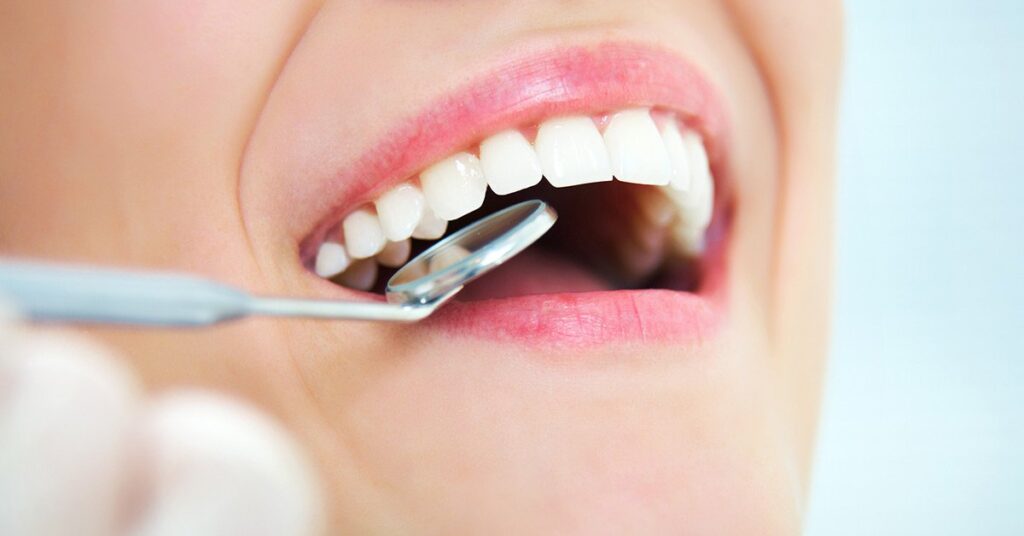Tooth decay is a common problem that affects millions of people worldwide. As a regular visitor to your family dentist in Whitby, Ontario, you must know how important it is to maintain good oral hygiene practices to prevent tooth decay. However, did you know that the foods you eat can also play a crucial role in preventing tooth decay? A healthy, balanced diet rich in essential nutrients can help strengthen tooth enamel, reduce acidity, and promote saliva production, all of which can help prevent tooth decay.
In this article, we’ll explore the foods that can help prevent tooth decay and promote a healthy, natural smile for you and your family.
What is The Role of Diet in Preventing Tooth Decay?
Diet plays a crucial role in preventing tooth decay. A healthy, balanced diet rich in essential nutrients can help strengthen tooth enamel, reduce acidity, and promote saliva production, all of which can help prevent tooth decay. Foods high in calcium, vitamin D, and fiber can help neutralize acid and remineralize teeth, while foods with antimicrobial properties can help reduce the growth of bacteria that contribute to tooth decay.
What Foods Can Prevent Tooth Decay?
The following superfoods in your diet can help prevent tooth decay:
Foods Rich in Calcium
Calcium is essential for building and maintaining strong teeth. Foods rich in calcium can help strengthen tooth enamel and prevent decay. Some of the best sources of calcium include:
- Milk and Dairy Products: Milk, cheese, and yogurt are excellent sources of calcium. Choose low-fat or fat-free options to reduce sugar and calorie intake.
- Leafy Greens: Leafy greens like kale, spinach, and broccoli are rich in calcium and other essential nutrients.
- Fortified Plant-Based Milk: Plant-based milk alternatives like soy milk and almond milk are often fortified with calcium, making them a great option for those who are lactose intolerant or prefer a plant-based diet.
Foods Rich in Vitamin D
Vitamin D is essential for calcium absorption and tooth health. Foods rich in vitamin D can help promote calcium absorption and prevent tooth decay. Some of the best sources of vitamin D include:
- Fatty Fish: Fatty fish like salmon, mackerel, and sardines are rich in vitamin D.
- Fortified Dairy Products: Some dairy products like milk and yogurt are fortified with vitamin D.
- Mushrooms: Some mushrooms like shiitake and portobello are exposed to UV light to increase their vitamin D content.
Foods Rich in Antimicrobial Properties
Certain foods have antimicrobial properties that can help reduce the growth of bacteria in the mouth, preventing tooth decay. Some of the best sources of antimicrobial foods include:
- Garlic: Garlic has antibacterial properties that can help reduce the growth of bacteria in the mouth.
- Onions: Onions have antimicrobial properties that can help reduce the growth of bacteria in the mouth.
- Cranberries: Cranberries have been shown to prevent the adhesion of bacteria to tooth surfaces, reducing the risk of tooth decay.
Foods Rich in Fiber
Foods rich in fiber can help stimulate saliva production, which can help neutralize acid and remineralize teeth. Some of the best sources of fiber-rich foods include:
- Fruits: Fruits like apples, bananas, and berries are rich in fiber and antioxidants.
- Vegetables: Vegetables like carrots, broccoli, and spinach are rich in fiber and essential nutrients.
- Legumes: Legumes like beans, lentils, and peas are rich in fiber and protein.
Takeaway
Tooth decay is a preventable problem that can be avoided by maintaining good oral hygiene practices and eating a balanced diet rich in essential nutrients. Foods rich in calcium, vitamin D, antimicrobial properties, and fiber can help prevent tooth decay and promote a healthy, natural smile. By incorporating these foods into your diet and avoiding sugary, acidic, and starchy foods, you can reduce your risk of tooth decay and maintain a healthy, beautiful smile for years to come.



